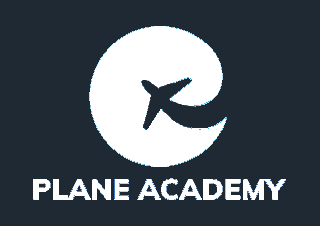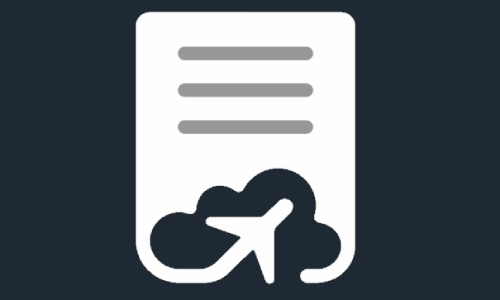Do you dream of becoming a pilot? 5 tips on how to pass the pilot training selection.
When I came to the conclusion that I wanted to become a commercial pilot at the age of 15 I had no idea just how much work awaited me. The flight schools that train future pilots run a robust selection process as a way to determine which students they believe are most likely to succeed in training and possess the traits desired in a commercial pilot.
An important thing to note about these pilot aptitude tests is that the applicants ability to pilot an aircraft is not directly assessed so it isn’t always necessary for you to gain flying experience prior to attending an assessment day, however, there are other ways you can prepare.
Tip #1 – Practice Aptitude Tests
Different schools use different aptitude testing programmes in order to assess their applicants so before attending an assessment day I’d recommend researching what type of test is used by the flight training organisation that you’ve applied to. The aptitude tests will judge your literacy, numeracy, spatial reasoning, reaction time and multitasking skills so it’s useful to get in some practice so there aren’t too many surprises on the day. There are plenty of online platforms that allow you to purchase a subscription to their preparation material and they’re well worth the money; if you know of someone else attending an assessment day around the same time as you, you could always split the cost of the subscription to keep expenses down. At Aviation Insider we’ve partnered with pilotaptitudetest.com to help provide aspiring pilots with the best possible aptitude training so you can be as prepared as possible before the big day!
Tip #2 – Get in contact with current students
A great way to get an insight into what’s currently happening at the training organisation you’ve applied to and find out some more about the company is by talking to current students and getting advice from the people who have just been through the same process that you’re about to go through. Making contacts early on will help you throughout the rest of your career as you’ll always have someone around to give you advice/guidance and it will show the companies you’re applying to that you’re personable and forward thinking.
Tip #3 – Brush up on your mental maths
It isn’t necessary to be a maths wiz to become a pilot however having the ability to do mental maths (particularly the 3 times table) to a good standard will help you massively. Most flight school maths assessments will be a simple GCSE level multiple-choice test designed to assess your ability to quickly but accurately work out maths questions under pressure. Whilst flying, a pilot will be required to work out their top of descent (TOD), rate of descent (ROD) and time en route amongst other things so having a fair level of mental maths ability is desired. I’d recommend practicing your mental maths to the point where you feel confident that you will be able to complete the questions within the allotted time (the YouTube channel techmath has some very helpful videos on quick multiplication and division tricks that I found very useful when practising for the assessment day). As well as mental maths testing you might be required to undertake numerical and verbal reasoning tests too so it’s important that you get some practice in theses areas as well. Aviation Insider has developed online practice material in order to assist you in preparing for any flight school or airline that may require you to undertake these assessments.
Tip #4 – Do some research into the industry
It is absolutely vital to keep your finger on the pulse with the latest news on the aviation industry. Interviewers want to see someone who has a genuine interest in the role of a pilot and aviation itself, as it shows dedication and commitment. It isn’t unheard of for interviewers to ask candidates to tell them about some recent aviation related events that have happened recently as a way to see how well prepared you are for the interview. Arm yourself with 5 or so interesting things to discuss relating to industry news just in case you’re required to call upon this information. Keeping your knowledge of the industry current is also a useful way to show a passion for aviation and gives you something to relate your answers to in order to provide another layer to your interview.
Tip #5 – Think of some good interview examples that satisfy the key competencies
Interviews are the one constant in every job application. No one particularly enjoys doing interviews but it is the best way for a potential employer to see what you’re like in person and decide whether you’re the right fit for the company. Pilot interviews are heavily competency based so I’d recommend thinking of real life examples where you have demonstrated the skills that are looked for in a pilot. Potential questions include:
- Give an example of a time when you have worked as part of a team.
- How do you cope with failure?
- Tell me about a time where you have lead a team.
- Give an example of a time when you’ve had to make a decision under pressure.
- Tell me about a time when you’ve had to work to a timescale when completing an important task.
- Give an example of a time when you’ve had to break the rules.
When answering these questions I would recommend using the STAR method to structure your responses. The STAR model allows you to answer the questions efficiently without waffling and forgetting your point.
S- Situation: Set the scene.
T- Task: Establish the end goal.
A- Action: What did you do?
R- Result: What was the outcome of your actions?
I would also suggest relating your answers back to becoming a pilot and how these skills will help you in a flying career, as this is ultimately what the interviewers are looking for. And don’t forget to prepare some questions to ask the interviewer at the end!
Overall, although the thought of the application and assessment process can be daunting, as long as you prepare yourself and show that you have a genuine interest in aviation, it’s more than doable. There are plenty of platforms out there aimed specifically at helping aspiring and qualified pilots alike to achieve their goals and prepare for the challenges that face them.
With a newly launched website and app, Aviation Insider is becoming the go to source for pilot information, services and products. Our aim is to provide you with a comprehensive package of products and services that enable a pilot to manage their career from start to finish, from “thinking about becoming a pilot” through to getting your command and more.
It’s an unprecedented time for the aviation industry right now and everyone involved has to pull together. Aviation Insider will do whatever it takes to help pilots remain current and keep inspiring the future generations to pursue this wonderful career.
